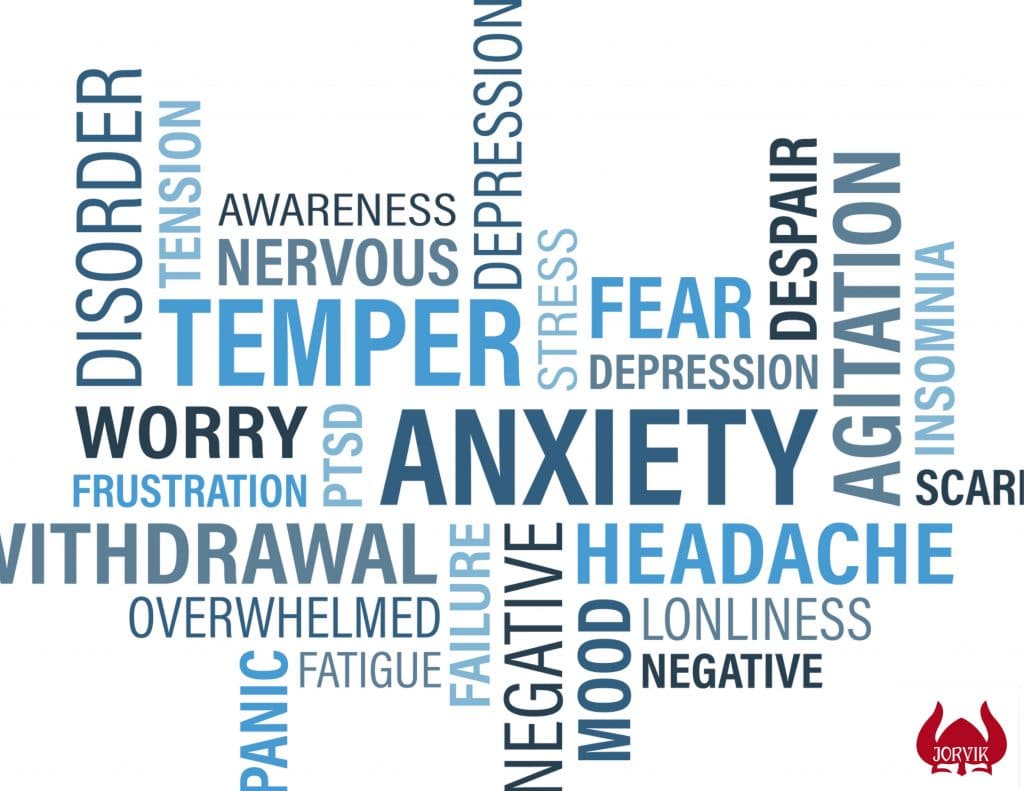As mental health week comes to a close I thought I would write a short article about the effects and benefits of exercises with mental health.
As external pressures in everyday life increase, mental health issues have become more prevalent in modern day society. Research carried out by WHO (World Health Organisation) found that 40% of disability worldwide is due to depression and anxiety. (WHO, 2002).
What is anxiety?
Anxiety is a feeling of unease, such as worry or fear, that can be mild or severe. (NHS, 2016). Anxiety/depression and other mental health conditions can be seriously debilitating and unfortunately for many the standard medication options provide little or no relief for some individuals and the side or aftereffects associated with taking medication can often create more problems than they solve, which ultimately is a contraindication for use.
I believe that fitness and training is a severely under-utilized intervention when it comes to dealing with mental health issues. There are various completed studies and trials as well as ongoing research which supports this. Evidence from completed studies have shown that exercise is beneficial for mental health; it reduces anxiety, depression, and negative mood, and improves self‐esteem and cognitive functioning. A survey (Ryan, 1983) involving 2000 primary care physicians revealed that 85% regularly prescribed exercise in the treatment of depression due to the positive reduction in symptoms. Additionally, Greist and his associates (1979) at the University of Wisconsin demonstrated, for example, that vigorous aerobic exercise performed for twelve weeks not only reduced depression, but exercise was found to be superior to one form of psychotherapy and equal to a second in its anti-depressant action.
With the benefits of exercise continually being researched and developed it seems important to stress the values of exercise as an alternative treatment/prevention intervention; many individuals are often against taking medication and unfortunately traditional psychotherapy options often have long associated waiting times and cost. If proven to have little or no significant after or side-effects, this may potentially become the treatment of choice.
We understand that for some the hardest part is making the first move – whether that’s coming to a gym, booking or unbooking to attend a class due to nerves and fear or even mustering up the courage to go out for a walk, but there is help out there!
If the coaches and I can help in any way, whether that’s dropping us an email, or talking to us directly please contact us and we will do whatever we can to help.
But if that’s too scary for now – visit MIND or ………. which provide much more mental health tools and information to help you achieving a clearer and happier state of mental well being!
REFERENCES
Greist, J. H., Klein, M. H., Eischens, R. R., & Paris, J. W. (1978, June). Antidepressant running: Running as a treatment for non-psychotic depression. Behavioral Medicine, 19–24.
Morgan, W.P, Goldston, S.E (2013) Exercise and mental health Available: WP Morgan, SE Goldston – 2013 – content.taylorfrancis.com
NHS . (01/02/2016 ). Generalised anxiety disorder in adults. Available: https://www.nhs.uk/conditions/generalised-anxiety-disorder/. Last accessed 17 May 2018.
Ryan, A. J. (1983). Exercise is medicine. The Physician and Sportsmedicine, 11, 10.
World Health Organization (2002). World Health Report 2002, Geneva.

